Google teams with MasterCard and Citigroup for NFC mobile payments

According to the Wall Street Journal, Google has teamed up with MasterCard and Citigroup for their NFC mobile payment initiatives. Android users with NFC chips will be able to use their devices in lieu of their MasterCard or Citi credit/debit cards.
Of course, Google isn't planning to take a percentage of the sales therein, but will instead collect on targeted ads and improved consumer research. Google will extend targeted ads to users near their featured retailers, sweetening the deal with special offers. The great advantage to this convergent ad/payment system is that Google will be able to directly evaluate the return on investment from the ads.
Beyond the convenience of a cardless payment system, customers would be able to more easily track their spending through a native application. The collaboration includes VeriFone Systems, which makes contact-less payment readers. And this will increase the presence of NFC-enabled retailers.
As NFC technology is still relatively new in the U.S., many consumers are concerned about security, as they assume that contact-less payment tools are more susceptible to theft. But Nick Holland, a mobile-transactions analyst at Yankee Group says that "it's actually a more sophisticated technology than credit cards with a magnetic stripe, making it more difficult to steal a consumer's payment information."
A report by Edgar, Dunn & Co. expects the mobile payment industry to reach $618 billion by 2016, so we can expect a lot more collaboration, positioning, and innovation in the mobile payment sector in the near future.
source: The Wall Street Journal via Electricpig
Of course, Google isn't planning to take a percentage of the sales therein, but will instead collect on targeted ads and improved consumer research. Google will extend targeted ads to users near their featured retailers, sweetening the deal with special offers. The great advantage to this convergent ad/payment system is that Google will be able to directly evaluate the return on investment from the ads.
As NFC technology is still relatively new in the U.S., many consumers are concerned about security, as they assume that contact-less payment tools are more susceptible to theft. But Nick Holland, a mobile-transactions analyst at Yankee Group says that "it's actually a more sophisticated technology than credit cards with a magnetic stripe, making it more difficult to steal a consumer's payment information."
Google's primary competition will come from Isis, which is an upcoming collaboration between Verizon, AT&T, T-Mobile, and Discover Financial Services. And while rumors now suggest that the next iPhone will include an NFC chip, we have yet to hear about any particular Apple initiatives to capture retailers' advertising dollars.
A report by Edgar, Dunn & Co. expects the mobile payment industry to reach $618 billion by 2016, so we can expect a lot more collaboration, positioning, and innovation in the mobile payment sector in the near future.
source: The Wall Street Journal via Electricpig


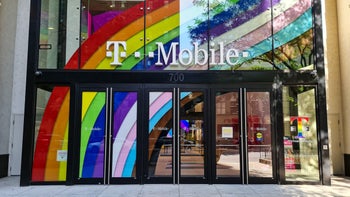
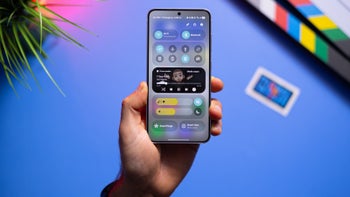

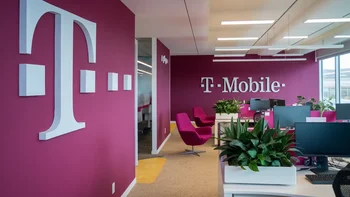
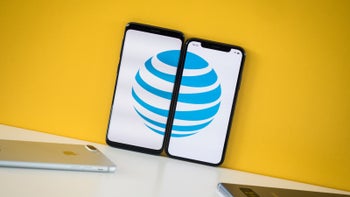
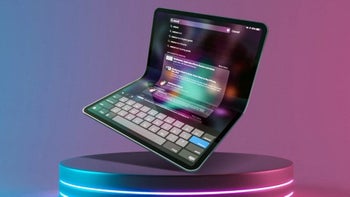
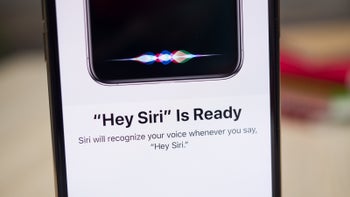
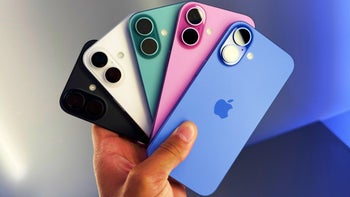
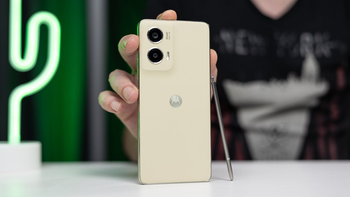

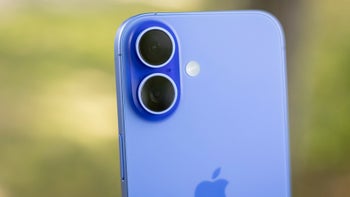
Things that are NOT allowed: